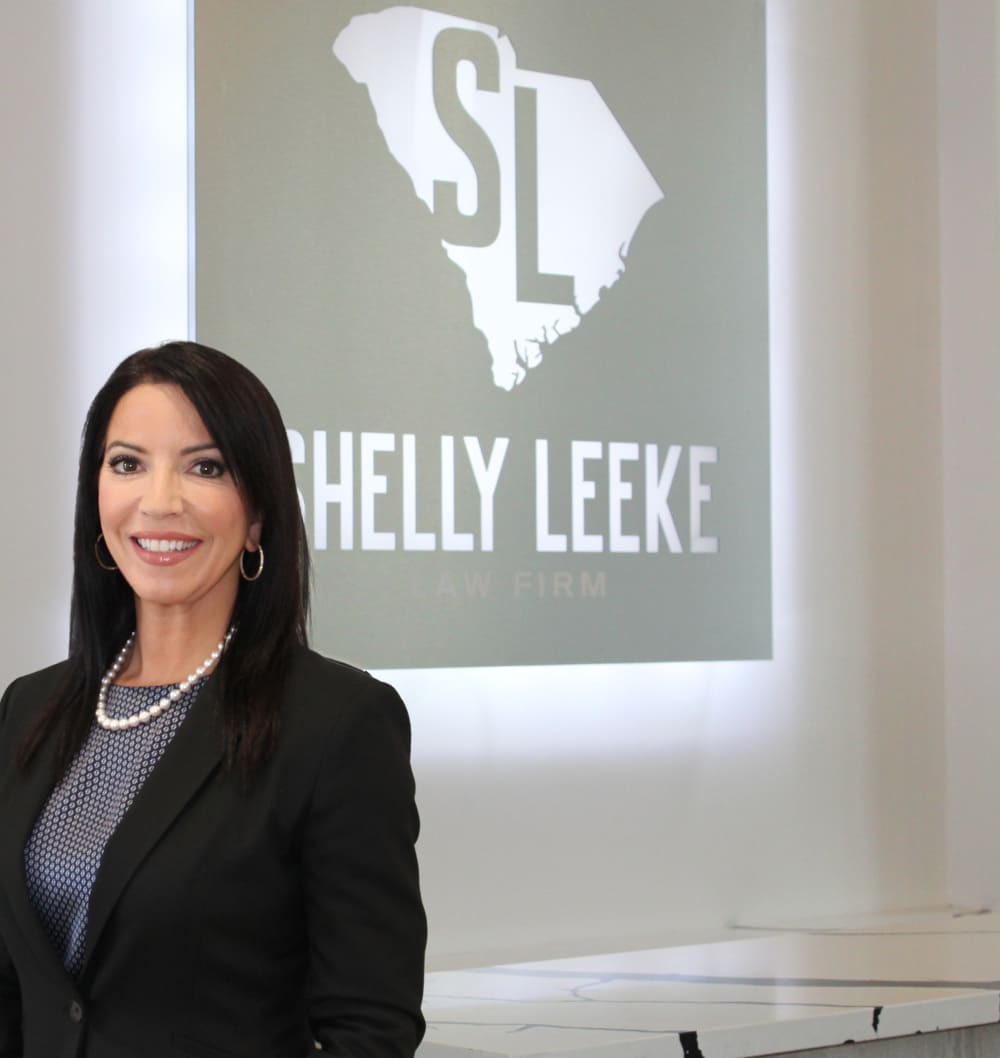
Driving a borrowed car adds complications if you’re in an accident, especially determining liability insurance coverage. The vehicle owner and driver’s policies combine to cover damages, but settlement negotiations grow complex with split liability between companies. A South Carolina car accident lawyer can help you understand how responsibility is assigned, along with proactive legal guidance for maximizing potential compensation across all applicable policies after the crash.
The Liable Insurance if You Crash a Borrowed Car
When you borrow someone else’s car and get into a crash, the liability insurance follows the vehicle. The owner’s insurance policy will provide primary coverage for any third-party losses resulting from the accident, meeting any medical or property damages up to the policy limits. However, it won’t provide coverage for you as the driver or any passengers, including medical care or injuries you sustain.
In this scenario, your own auto insurance will come into play, offering you secondary protection through their liability coverage. Your policy will step in if the damages or injuries exceed the borrowed car owner’s coverage limits or for any uninsured claims. So you could potentially use both policies here – the vehicle owner’s as primary and yours as secondary.
It’s crucial that you verify adequate coverage limits are in place before driving another person’s vehicle. This is to ensure both parties are sufficiently protected in the event of a loss. Between the owner and driver’s policies, any resulting financial obligations from the crash should have proper coverage.

Potential Damages Needing Coverage After a Borrowed Car Crash
Property damage liability pays to repair or replace the other vehicle involved, as well as any structures, poles, or property you hit. Bodily injury liability covers injuries sustained by the occupants of the other vehicle up to the policy limits. Medical payments or personal injury protection pay the immediate medical and rehabilitation expenses of the parties involved.
The vehicle owner’s collision and comprehensive coverage would pay for damage to their car, less any deductible that, as the driver, you may be responsible for covering. Your car insurance liability coverage could help pay their collision deductible or any damages exceeding their policy limits. Depending on the situation, both policies may contribute coverage.
There may also be a loss of income if anyone involved misses work due to injuries suffered, and this is a vital factor to consider. Some policies include wage loss coverage to replace lost income up to the policy maximum. Several coverage types work together to cover the wide range of potential monetary effects.
How Comparative Negligence Works in a Non-Owner Car Crash
If you contributed to causing the accident while driving another person’s car, South Carolina uses comparative negligence to assign percentages of fault. This means each party’s percentage of responsibility for the crash is considered when awarding financial damages. For instance, if you were deemed 60% at fault and the other driver 40%, you may still receive 40% of the value of your claim.
The vehicle owner’s insurance would initially pay the third-party claim as the primary insurer, then seek partial reimbursement from your insurer per the negligence percentages. So if damages were $10,000, the owner’s carrier would pay it all first, and then your insurance would repay them $6,000 (60%), leaving them with a $4,000 loss (40% payout). This pro-rates financial liability based on fault determination.
It’s important to note that if your negligence share meets or exceeds 51% under SC law, you forfeit your right to recover any losses. So, comparative negligence principles aim to correlate claim payouts directly with each party’s relative degree of fault for the collision. The specific percentage thresholds can carry major implications.

Factors that Determine Liability in Someone Else’s Car Accident
Liability determination is dependent on proving negligence of the parties involved, so the actions leading up to the accident carry great weight. Contributing factors like speeding, distracted or impaired driving, failure to yield, and traffic signal disobedience will diminish your defense. Comparative negligence principles will apply to reduce damages based on your share of fault.
The investigating officer will note all collision details and statements from the parties involved in the official police report. This key evidence can make or break each side’s version of events when deciding liability. Forensic data, photographs, witness accounts, and other crash evidence also come into play.
Insurance companies use police reports, state traffic laws, and independent claims investigation findings to reconstruct the sequence that led to the collision. Then, they can pinpoint where proper protocols were disregarded by their insured driver as part of determining payouts. Statements you make at the scene may influence coverage.

Strategizing Settlements Across Multiple Insurance Policies
When multiple policies are involved, settlement negotiations can become complex. Both insurers will want to minimize payouts, so having experienced legal representation to coordinate is crucial to the potential outcome of your case. An attorney may know how to strategically leverage the policy’s coverage without leaving money on the table.
They will determine all viable sources of financial recovery across the different policies potentially tapped. This includes thoroughly investigating the scope of coverages, limits, exclusions, and deductibles in play. An attorney then handles negotiations across the insurers, aiming to optimize claim settlements.
Since liability disputes factor into relative payouts, aggressive negotiation is essential before accepting any initial offers. A dedicated lawyer knows how to confront disputed liability claims while skillfully demonstrating the validity and full value of losses. This is how you can potentially gain maximum restitution without protracted court battles.
Reach Out to a South Carolina Accident Attorney
If you caused an accident while driving another person’s vehicle, contact a knowledgeable attorney right away. Don’t jeopardize your rights by navigating complex claims alone when our team at Shelly Leeke Law Firm can potentially help you fight for the coverage you’re owed and possibly negotiate favorable settlements. Contact us for a free consultation to get started to see how and if we can help you and your case.







